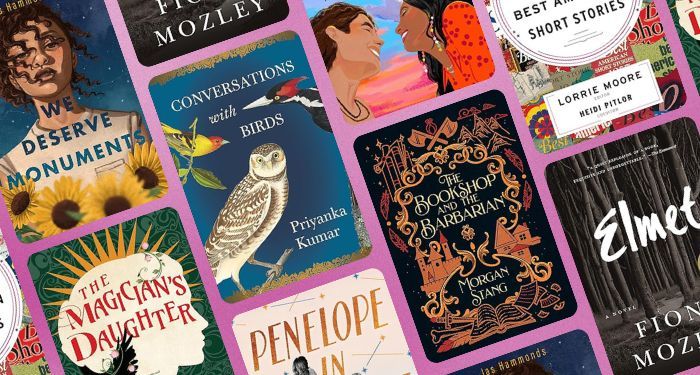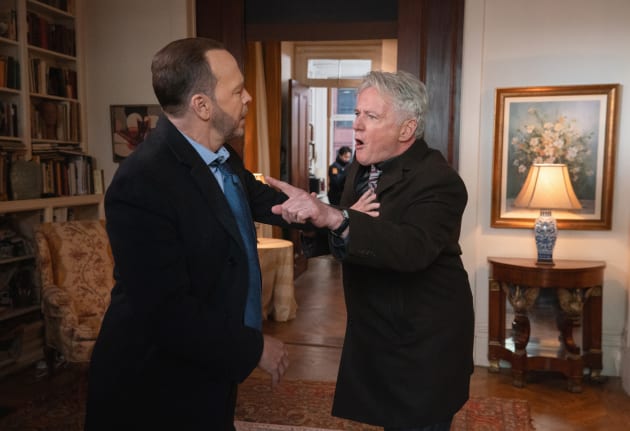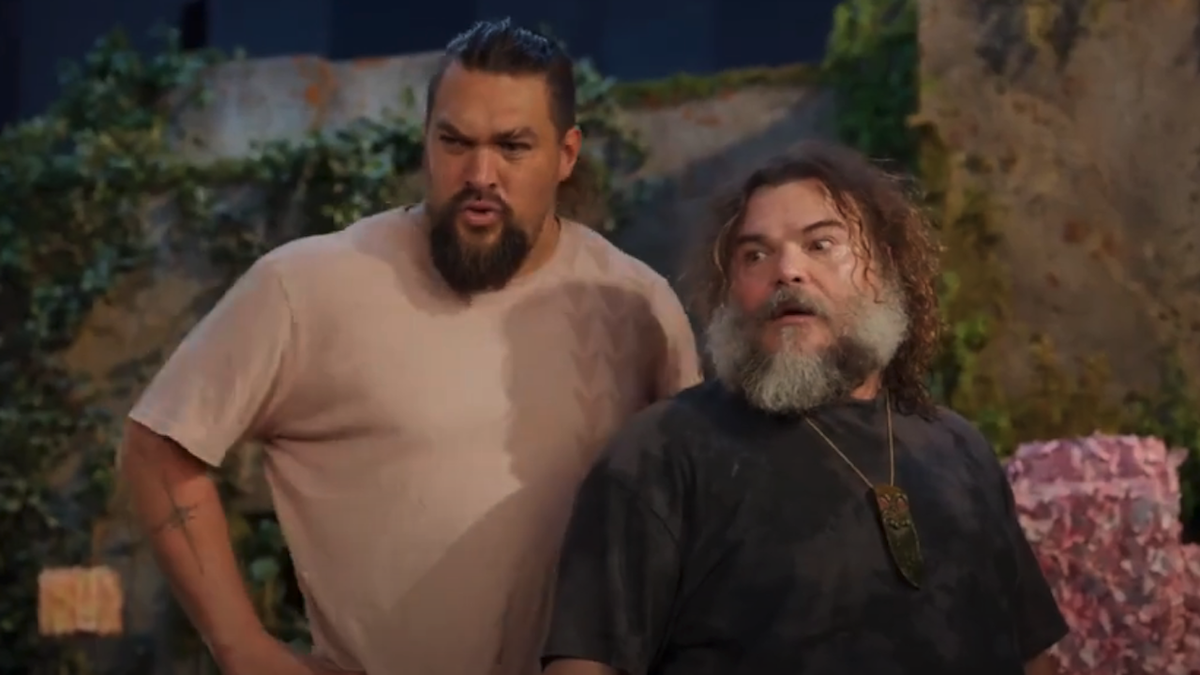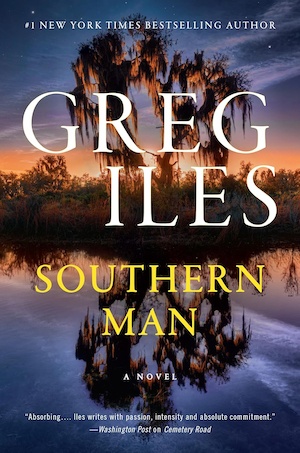He has covered the Kentucky Derby for 25 years.
It was a thrilling finish: A long-shot named Mystik Dan held off a late charge by Sierra Leone and a colt from Japan named Forever Young on Saturday to win the 150th running of the Kentucky Derby, America’s oldest major continuing sporting event, bringing to a close a much-needed casualty-free week of thoroughbred racing.
It was a welcome conclusion for the multibillion-dollar sport imperiled by frequent racing fatalities, reckless breeding, dodgy doping practices and the old-fashioned greed of veterinarians, trainers and owners.
Last year, 12 horses perished at Churchill Downs in the days surrounding the famous race. It only got worse. Two weeks later, a horse trained by one of the sport’s most recognized trainers died at Pimlico Race Course. At the historic Saratoga Race Course in New York a few months later, another 13 horses died while racing and training at the sport’s signature summer meet, including two that seemed poised to win their races before they broke down near the finish line on nationally televised broadcasts.
Ambulances rumbled onto the track, emergency workers erected privacy screens and, behind them, vets euthanized the horses with injections. All of it put the social acceptability of one of America’s oldest sports at risk.
Why do racehorses die? As beautiful as a thoroughbred is in full flight, the legs that seemingly rarely touch the ground are fragile. Ankles the size of a Coke bottle and hooves the size of a crystal ashtray propel a 1,200-pound thoroughbred at speeds up to 35 miles per hour.
Over the past 12 months, my colleague Melissa Hoppert and I analyzed confidential documents and covert recordings made by law enforcement authorities to report on why so many horses, supposedly in peak physical condition, were breaking down. (Our investigation, which you can read here, also became a documentary, “The New York Times Presents: Broken Horses,” which is streaming on Hulu.)
As is so often the case, money is the root of the problem. Trainers push horses too hard, sometimes giving them illegal performance-enhancing drugs. That’s because owners know that a signature win will turn their million-dollar investment into a multimillion-dollar A.T.M. in the breeding shed. Do the math: Sierra Leone can be retired tomorrow and enter a life where he mates twice a day, to 155 mares, potentially earning $31 million annually over a breeding career that can last 10 years or more.
Even at the more modest levels of the sport, trainers sometimes rely on illegal drugs. More often, though, the problem is overuse of legal corticosteroid medications that mask pain and allow at-risk thoroughbreds to run until they perish. Among the cluster of 13 deaths at Saratoga, for example, 11 were the result of injuries to a fetlock joint, which can be weakened by injections. Three of the 11 received corticosteroid injections within 30 days of racing. Another three had been declared unsound by veterinarians before their breakdowns, though their owners and trainers still managed to get them into competition.
In short, the humans failed the horses.
Most people involved in the sport have put their horses first, and they were integral in creating the Horseracing Integrity and Safety Authority, the federal body that now polices the sport. But if that group does not do its job, horse racing could be in trouble. It is at risk of losing its core audiences, including horse lovers, who do not want to see animals die, and gamblers, who now have many other options for betting on sports.
Along with a multibillion-dollar economy, an important part of American history and its soul would be lost.
For more
Other Big Stories
THE SUNDAY DEBATE
Who puts campus safety at risk?
The protesters. Pro-Palestinian protests and encampments on college campuses disobey rules and orders meant to protect everyone. “It is terrifying to contemplate where such occupations might end — and who might get hurt,” Jay C. Hartzell writes for Houston Chronicle.
The universities. The choice to call riot police leaves administrators directly responsible for the escalation of tensions. “For the administration to sanction violence against its students without a fundamental understanding of what they are voicing is embarrassing,” Antonio Wu writes for CalMatters.
FROM OPINION
Most people trust vaccines. The true barrier to people getting vaccinated is poverty and lack of access, Jessica Grose writes.
This week’s subject for The Interview is the comedian and actor Marlon Wayans. We talked about his upcoming standup special, “Good Grief,” which is about how humor helped him heal after the death of his parents, and also what he’s learned from his transgender son.
How do you find the funny thing in the sad thing?
I mean, all of us Wayanses, we’re crazy people. The worst thing happens, and the first thing we’d think is What’s funny about it? I remember when my cousin Ceddy died and my auntie buried him on jeans and a T-shirt and some Air Force 1s and a baseball cap. [Wayans’s brother] Damon looks and goes, “If there’s a dress code in heaven, I don’t think Ceddy’s getting in.”
Are there elements of the new special that you could point to and say, This is the kind of material that I couldn’t have done five or 10 years ago?
When you talk about real-life pain, like parents passing, and you can get through that set and you can still be irreverent, edgy, crazy, silly, thought-provoking and vulnerable, I think that’s growth. I miss my parents dearly, but I’m a different human with my parents gone than I was when they were here. Now I’m a man.
In the special, you talked about how you learned to be a man from your dad. And here with me you talked about how finding a way to move forward after your parents died also helped you grow into manhood. But I’m curious what you learned about manhood and masculinity from your son.
It’s OK to be vulnerable. It’s OK to unstrap from your masculinity and your ego. Sometimes it’s not about trying to teach them. Maybe God’s trying to teach you something. It’s OK to have those stupid thoughts — those egotistical thoughts like, Nah, I think I can control everything. Then God breaks you down, and life breaks you down, and when you realize you’re on your knees, that’s when God can whisper to you, and you’re like, Oh, that’s what you’re trying to teach me.
Read more of the interview here.
THE NEW YORK TIMES MAGAZINE
Click the cover image above to read this week’s magazine.
BOOKS
In this week’s Five Weeknight Dishes newsletter, Emily Weinstein suggests using leftover chicken to make crispy Cheddar chicken tacos, or pouring a glass of white wine to enjoy with spaghetti al limone with shrimp (the dish is ready in 25 minutes).








